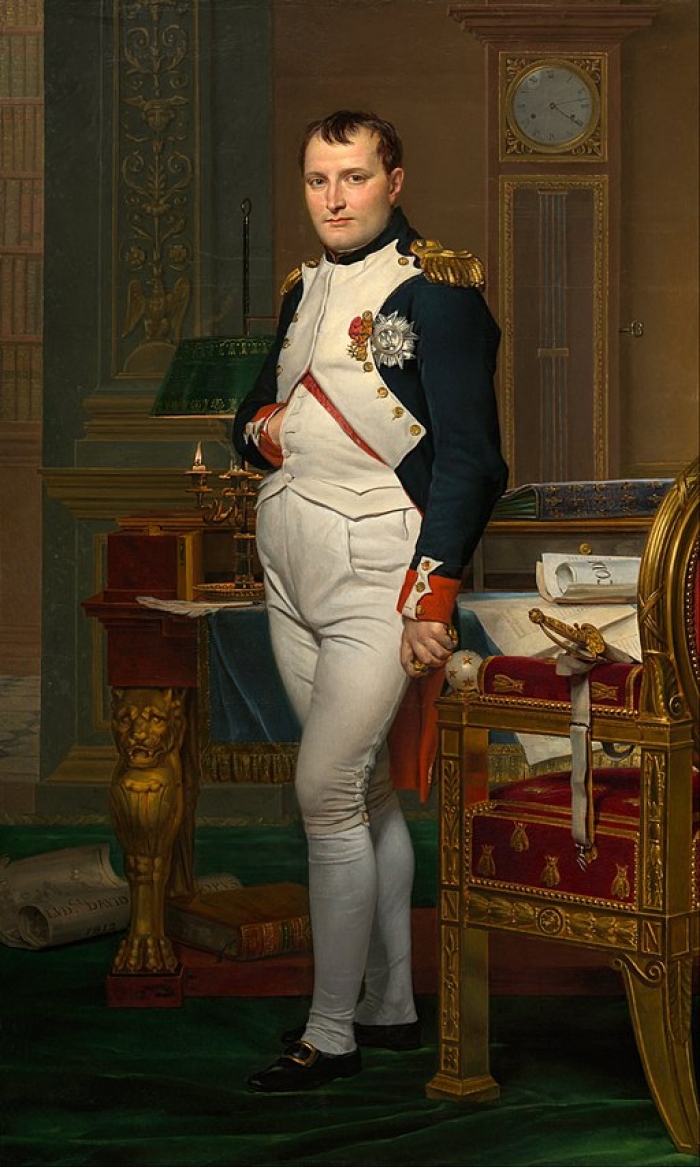The Supreme Court decision in United States v. Hudson and Goodwin, 11 U.S. 32 (1812), overturned the seditious libel conviction of Barzillai Hudson and George Goodwin.
Connecticut Courant owners convicted of libel after article about Thomas Jefferson
Hudson and Goodwin, owners of the Connecticut Courant, had published an article during Thomas Jefferson’s administration charging that the president and Congress had secretly voted to give Napoleon Bonaparte $2 million so that he would allow the United States to enter into a treaty with Spain.
The decision established that the jurisdictions of the federal courts were limited to congressionally specified acts, and as such there could be no federal common law crime of libel.
Supreme Court overturns conviction for lack of criminal libel law passed by Congress
Rather than focusing on the text of the First Amendment, Justice William Johnson based his decision for a unanimous Court (Bushrod Washington was absent) on the determination of “public opinion” and the absence of seditious libel prosecutions “for many years.” Johnson wrote that “the legislative authority of the Union must first make an act a crime, affix a punishment to it, and declare the Court that shall have jurisdiction of the offence.”
Johnson reasoned that “the jurisdiction of courts over criminal matters is limited to the enforcement of congressionally-enforced laws.” Johnson decided that the “jurisdiction of crimes against the state” is not among the powers vested in courts by reason of their institution; those powers did not include any “exercise of criminal jurisdiction in common law cases.” However, Johnson did recognize that courts had the right “[t]o fine for contempt — imprison for contumacy — [and] inforce the observance of order.”
Ironically, although the decision quashed a prosecution that Republicans had brought against Federalists, the conclusion closely resembled the arguments that James Madison and other Republicans had advanced against a common law of libel in the debates over the Alien and Sedition Acts of 1798.

